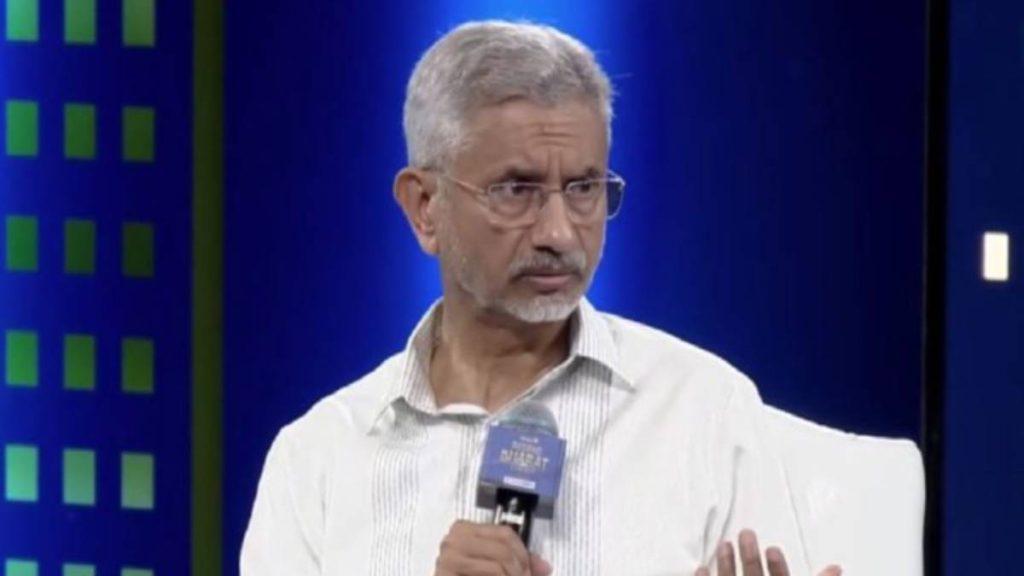In a firm reiteration of India’s counter-terrorism stance, External Affairs Minister S. Jaishankar declared that Operation Sindoor will continue as a strategic signal that India will retaliate decisively against any future terror attacks — even if the terrorists are operating from within Pakistan.
In an interview with Dutch broadcaster NOS, Jaishankar outlined the events leading to the escalation between India and Pakistan following the April 22 terror attack in Pahalgam, Jammu and Kashmir, which killed 26 tourists. He said the victims were targeted after their faith was identified, and described the act as a deliberate attempt to undermine Kashmir’s tourism sector and incite religious tensions.
Jaishankar blamed The Resistance Front (TRF), a known proxy of Lashkar-e-Taiba (LeT), for the killings. “We identified the attackers, and they are linked to Lashkar,” he stated, adding that India had already informed the UN Security Council’s 1267 Sanctions Committee in 2023, 2024, and 2025 about the TRF’s activities.
Jaishankar firmly asserted that India’s military response on May 7, dubbed Operation Sindoor, targeted nine terror sites inside Pakistan and Pakistan-occupied Jammu and Kashmir (PoJK). These sites, he said, were explicitly listed in UN Security Council documents as being associated with designated terrorists.
“If terrorists are in Pakistan, we will hit them where they are,” Jaishankar emphasized. He clarified that while military operations may continue in this form, India and Pakistan have agreed to a cessation of cross-border firing since May 10, after Indian airstrikes rendered eight Pakistani airbases non-functional by damaging runways and command centres.
He explained that India’s air assault on Pakistani military infrastructure, including radar and air defence command systems, forced Pakistan to agree to halt military escalation. “There is no firing now, and forces have been repositioned accordingly,” he said.
Jaishankar also clarified the role of international diplomacy, stating that although leaders from the United States and Gulf nations communicated with both sides, the ceasefire was directly negotiated between the Indian and Pakistani armies through established communication channels.
He noted that India made it clear to all foreign interlocutors that Pakistan must directly convey its willingness to cease hostilities, which ultimately happened via military-to-military contact on May 10.
Responding to a journalist’s question about the change in India’s response doctrine, Jaishankar acknowledged that past governments may have chosen restraint, but emphasized that PM Modi’s government is committed to strong retaliation in the face of terrorism.
“Our government has been very clear: if there is an attack, there will be a response,” Jaishankar asserted. “We will not allow a situation where terrorists strike and we do nothing.”
Jaishankar described Operation Sindoor as a continued operation — not through active firing, but through strategic pressure. “There is a message in continuing the operation: if such acts happen again, there will be consequences,” he said.
The operation reportedly resulted in the death of over 100 terrorists affiliated with Jaish-e-Mohammed (JeM), Lashkar-e-Taiba (LeT), and Hizbul Mujahideen (HM). Pakistan’s retaliation with shelling and drone attacks was met with a coordinated Indian response targeting military infrastructure deep inside Pakistan.
The interview underscores a significant shift in India’s national security strategy, emphasizing proactive counter-terrorism, international transparency, and a willingness to strike across borders when provoked.
